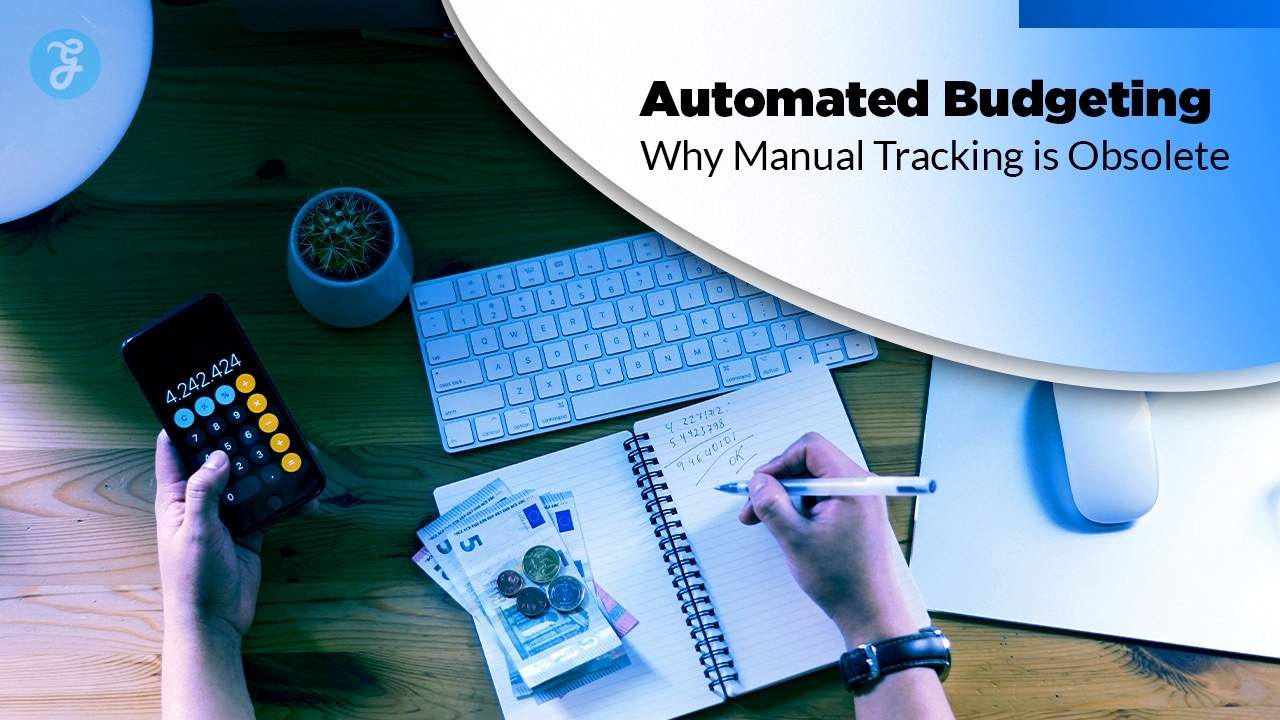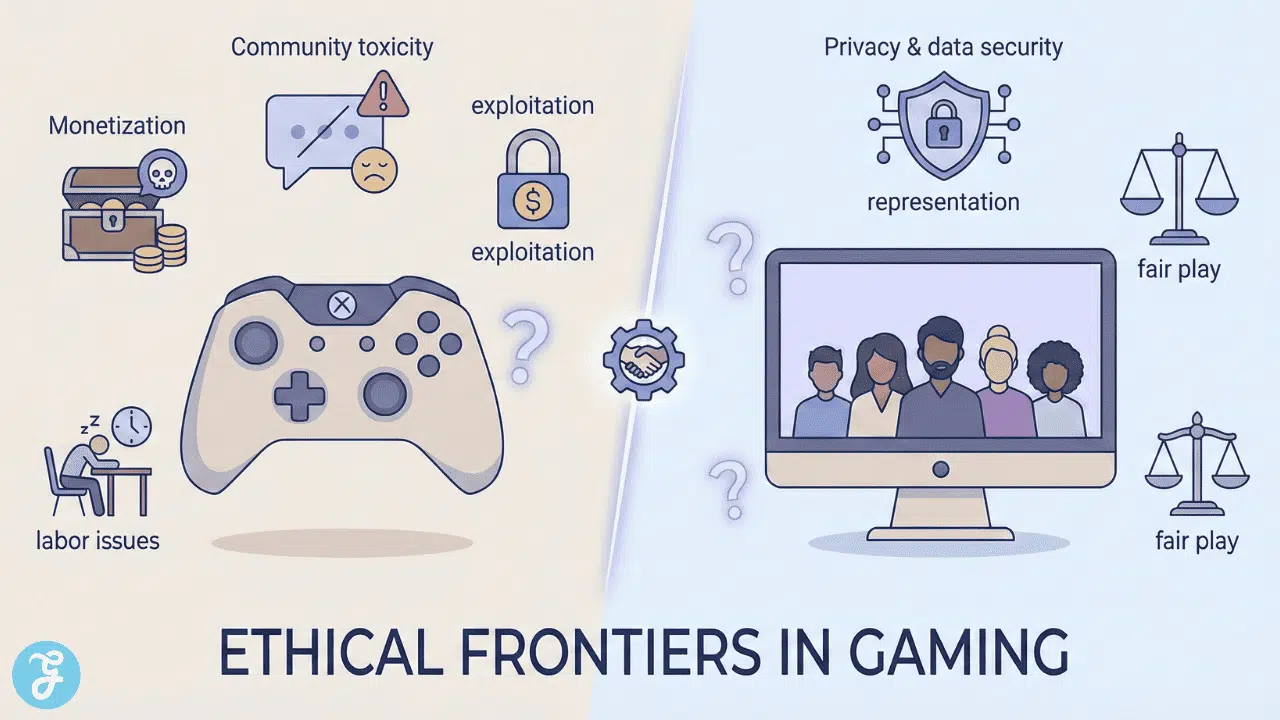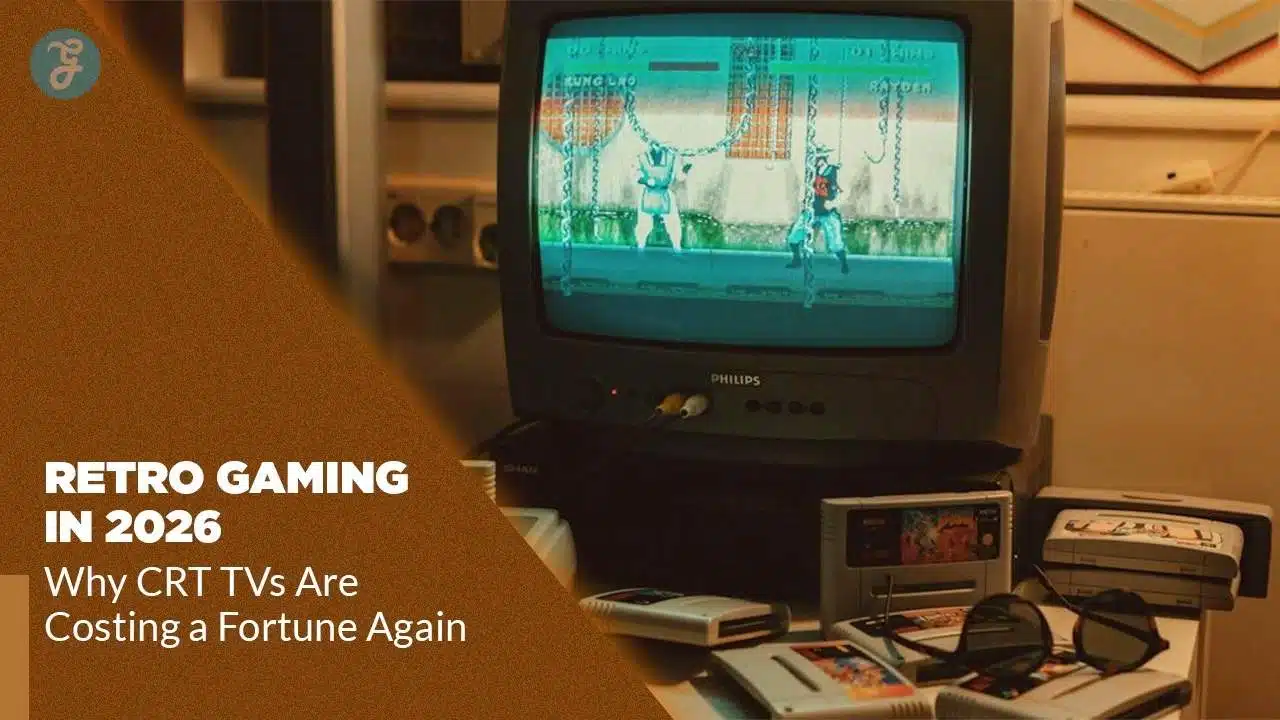Your 20s and 30s are a critical time for career building. These decades lay the foundation for your professional future, offering opportunities to explore industries, develop skills, and establish a clear path to success. However, they are also a period rife with potential missteps. Mistakes made during these years can hinder growth and limit opportunities.
By recognizing common career pitfalls, you can make informed decisions that align with your long-term goals. This article delves into the five career mistakes to avoid in your 20s and 30s and offers actionable strategies to navigate this crucial phase with confidence.
1. Chasing Money Over Passion and Growth
A lucrative salary might seem like the ultimate goal in your early career. While financial stability is important, focusing solely on paychecks can steer you away from fulfilling roles and meaningful experiences.
Why It’s a Mistake
- Job Dissatisfaction: High-paying roles that lack personal fulfillment often lead to burnout.
- Missed Learning Opportunities: Positions with lower salaries may offer better mentorship, exposure, and skill development.
- Limited Career Growth: Chasing money can result in job-hopping without a clear direction, which may harm your professional reputation.
Long-Term Consequences
- Individuals who prioritize short-term earnings may find themselves in stagnant roles with no room for advancement.
- Studies show that career satisfaction stems from work that aligns with personal values and goals, not just financial rewards.
How to Avoid This Mistake
- Focus on Skills: Seek roles that offer opportunities to learn and grow, even if the initial pay is modest.
- Assess Long-Term Value: Evaluate jobs based on career trajectory, work culture, and growth potential.
- Balance Passion with Practicality: Identify industries or roles that excite you while also providing financial sustainability.
Example: Someone passionate about technology might start in a lower-paying internship to gain hands-on experience in artificial intelligence, paving the way for high-paying opportunities in the future.
2. Neglecting to Build a Professional Network
Many people in their 20s and 30s underestimate the power of networking. They assume hard work alone will lead to recognition, but in reality, building relationships is a critical component of career success.
Why Networking is Vital
- Hidden Job Market: Research indicates that up to 70% of jobs are not advertised and are filled through networking.
- Access to Mentorship: Strong connections can provide guidance and support as you navigate your career.
- Career Advancement: A robust network keeps you informed about industry trends, emerging opportunities, and potential partnerships.
How to Build Your Network
- Attend Events: Join conferences, seminars, and workshops relevant to your field.
- Leverage Social Media: Platforms like LinkedIn are invaluable for connecting with professionals and staying updated.
- Maintain Relationships: Keep in touch with former colleagues, classmates, and mentors. Regularly check in to strengthen ties.
Networking Mistakes to Avoid
- Over-relying on online connections without attending in-person events.
- Only reaching out when you need help, instead of maintaining ongoing communication.
Pro Tip: Networking is a two-way street. Offer help or share resources with your connections to build trust and mutual respect.
3. Staying in Your Comfort Zone
In your 20s and 30s, it’s easy to settle into roles that feel safe and familiar. While stability is important, avoiding challenges can stall your professional growth and limit future opportunities.
Why This is a Problem
- Skill Obsolescence: Industries evolve rapidly, and staying in one role for too long can leave you behind.
- Missed Opportunities: Fear of failure often prevents people from taking risks that could lead to significant rewards.
- Lack of Resilience: Challenges build adaptability and problem-solving skills, both essential for career success.
Signs You’re in a Comfort Zone
- Repeating the same tasks daily with no variation or challenge.
- Avoiding roles or projects that require learning new skills.
- Feeling stuck but hesitant to explore other opportunities.
How to Step Out of Your Comfort Zone
- Embrace New Roles: Seek projects or responsibilities that push your boundaries.
- Invest in Education: Take courses or certifications to expand your expertise.
- Be Open to Change: Consider lateral moves or job changes that offer exposure to different industries or functions.
Example: A graphic designer specializing in print media might explore web design to stay relevant in a digital-first world.
4. Ignoring Financial Planning
In your 20s and 30s, it’s easy to focus solely on career goals and neglect financial planning. However, building wealth and financial security requires intentional effort from an early stage.
Why Financial Planning is Crucial
- Debt Management: Without planning, debts like student loans and credit cards can snowball.
- Missed Investment Opportunities: Starting early allows you to benefit from compound interest.
- Emergency Preparedness: Unplanned expenses can derail your finances without a safety net.
Common Financial Mistakes
- Living paycheck to paycheck without a budget.
- Delaying retirement contributions.
- Overspending on non-essential items to keep up with peers.
Financial Habits to Develop
- Set a Budget: Track income and expenses to identify areas for saving.
- Build an Emergency Fund: Aim for 3-6 months of living expenses saved in a liquid account.
- Start Investing: Contribute to retirement accounts like a 401(k) or IRA, even if the amounts are small initially.
- Pay Off Debt Strategically: Focus on clearing high-interest debts while making minimum payments on others.
Pro Tip: Use financial tools like Mint or YNAB to create and stick to a budget.
5. Overlooking Personal Development
Many professionals focus exclusively on technical skills and overlook personal growth. However, soft skills like communication, leadership, and adaptability are just as crucial for long-term success.
Why Personal Development Matters
- Better Opportunities: Employers value candidates with strong interpersonal and leadership abilities.
- Resilience: Personal growth helps you handle workplace challenges effectively.
- Adaptability: In a rapidly changing job market, continuous learning keeps you competitive.
How to Prioritize Personal Development
- Seek Feedback: Regularly ask for constructive feedback from peers and supervisors.
- Enroll in Courses: Platforms like Coursera and LinkedIn Learning offer resources on emotional intelligence, negotiation, and time management.
- Read Widely: Books on productivity, leadership, and industry trends can inspire new ideas.
- Practice Self-Care: Mental and physical well-being are essential for sustained productivity.
Example: A software engineer might work on their presentation skills to effectively communicate technical concepts to non-technical stakeholders.
Career Mistakes vs. Solutions
| Mistake | Consequence | Solution |
|---|---|---|
| Chasing Money Over Passion | Burnout and lack of fulfillment | Choose roles that align with growth and interests |
| Neglecting to Network | Missed opportunities and isolation | Attend events, connect on LinkedIn, and maintain relationships |
| Staying in a Comfort Zone | Limited growth and outdated skills | Take risks, learn new skills, and embrace challenges |
| Ignoring Financial Planning | Debt accumulation and financial stress | Budget, save, invest early, and clear high-interest debts |
| Overlooking Personal Development | Reduced adaptability and career stagnation | Focus on soft skills, feedback, and continuous learning |
Takeaway: Setting the Stage for Lifelong Career Success
Your 20s and 30s are crucial decades for building a strong foundation for your career. Avoiding these common mistakes—such as neglecting networking, underestimating the importance of skill-building, or failing to manage your finances—can help you stay on track toward achieving your professional goals. These years are a time for learning, taking calculated risks, and setting yourself up for future success. By being intentional and proactive, you’ll not only navigate challenges but also position yourself to thrive in an ever-evolving job market. Start today by reflecting on where you can improve and committing to a career path that aligns with your long-term aspirations. Remember, every decision you make now will shape the opportunities you create for yourself in the future.


































